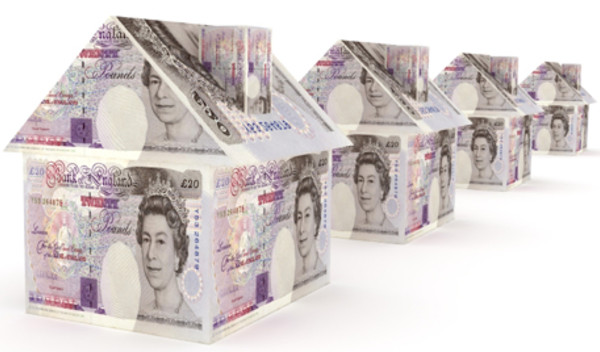

Remortgaging was around 20 per cent higher year-on-year, data from the British Banking Association revealed, which could be due to an anticipated interest rate increase within the next year.
The drive in remortgaging is probably reflecting borrowers’ appetite to lock in to current fixed rates and gain certainty over their future outgoings, read the report.
Mortgage approvals were around 8 per cent higher in June than at the same time last year and gross mortgage borrowing last month was £11.5bn, 6 per cent higher than in the same month last year.
After seeing slower demand in the second half of 2014, the overall mortgage stock is now 1.1 per cent higher than a year ago.
Richard Woolhouse, chief economist at the BBA, said that the housing market is beginning to hot up again, evidenced by a pick-up in the number of mortgage approvals for the last month.
He said: “Interestingly, we’ve also seen an increase in the number of people remortgaging, which could be down to savvy borrowers taking advantage of competitive deals on fixed rate mortgages ahead of a possible rise in interest rates.”
Last week, Bank of England governor Mark Carney warned that interest rates could rise by the “turn of the year”, emphasising that an increase is needed to return inflation to the 2 per cent target.
Mark Harris, chief executive of mortgage broker SPF Private Clients, agreed that the real growth has been on the remortgaging side.
“With Mark Carney’s recent comments about a potential rate rise at the turn of the year, we expect to see significant growth in the number of people remortgaging in coming months.
‘With swap rates climbing, the pricing of fixed-rate mortgages will inevitably rise but for now there are still some excellent cheap deals available. Borrowers who are worried about the impact of a rate rise on their circumstances should consider a fixed rate.”
He continued that anecdotally, the first rate rise is the trigger point for many people remortgaging, but it may even be the second or third increase, as that is when there is a significant impact on a household’s expenditure and people then remortgage to ‘save’ money.
“However, by then the best fixed rates will have long gone,” Mr Harris added.
peter.walker@ft.com



